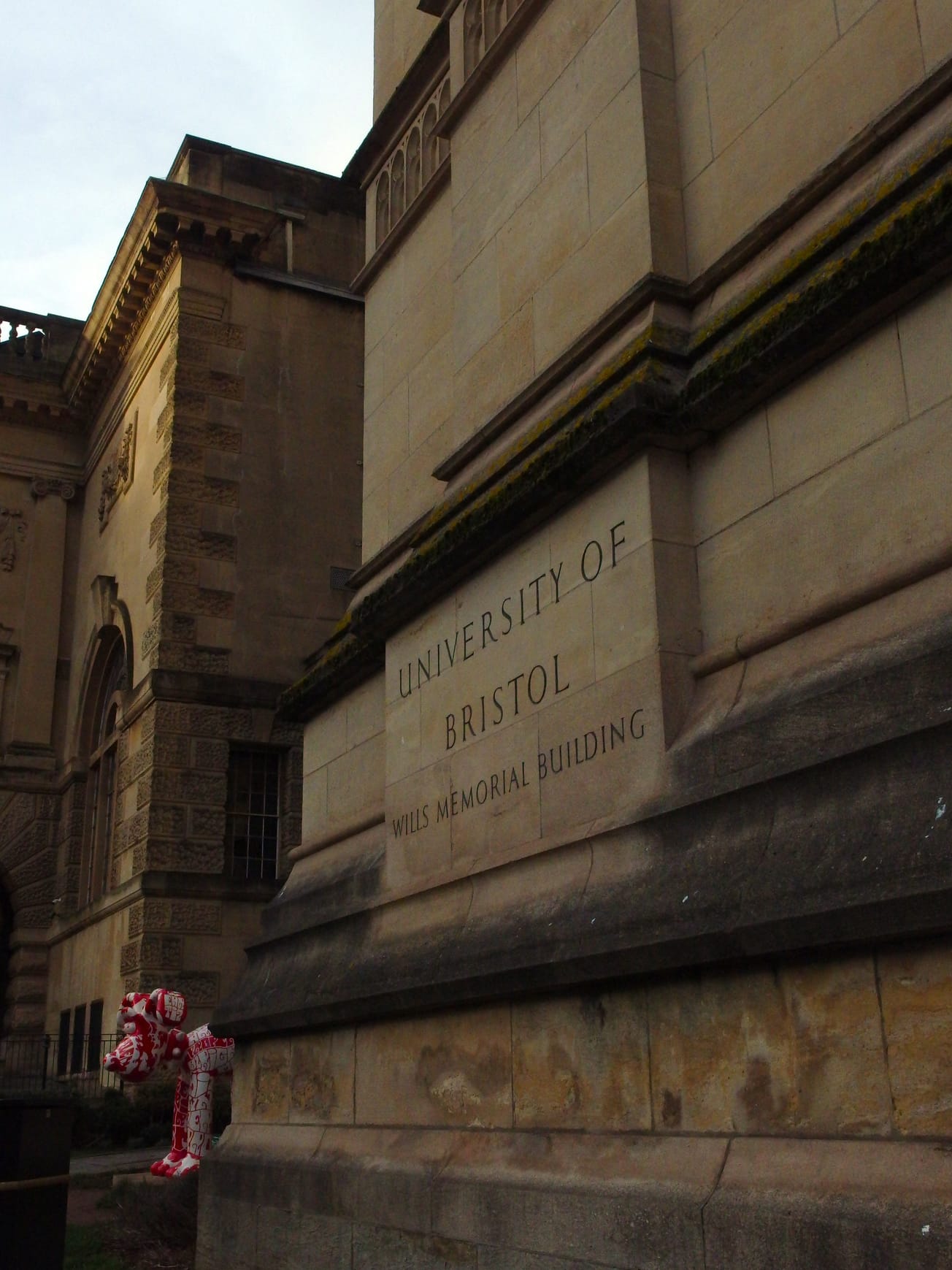The numbers reveal that the 94 dogs and one cat were used in experiments by the University of Bristol in 2016.
They were released after the University’s failure to respond to requests for the type and number of animals used in research since at least 2011.
The figures show that in 2016, the university used 26,990 animals in research. The majority of these were rodents (63%) and fish (33%), but 94 dogs and one cat were also involved in studies.
According to the university, the types of animal research carried out include fundamental biology, where the research helps to increase understanding into how our bodies work, and veterinary, which is used to 'influence the standards of care in farms and improve care of sick animals.'
The research could 'lead to medical breakthroughs in the future'The other type of research they disclose is 'translational', where research helps to 'develop better treatments for sick people or animals, such as implanting and testing new medical devices in farm species.' According to the university, the research could 'lead to medical breakthroughs in the future'.
The university does not disclose the category in which each animal is used.
Animal Justice Project, who have been requesting this information be made public since 2011 alongside other NGOs and members of the public, launched a campaign in collaboration with VegSoc in 2016 entitled 'Campus without Cruelty' to renew pressure on the university, calling their policy on animal testing cruel and obscure.
Claire Palmer, founder of Animal Justice Project, told Epigram: 'Bristol University has finally come clean on the abuse of animals - including rats, mice, rabbits, pigs and cats - in its laboratories. Whilst some of the university’s experiments are carried out under the guise of ‘animal welfare’ research, other studies within areas such as neuroscience, wound and dementia research, will have caused severe suffering and distress to animals.
Despite other universities turning to humane, cutting-edge non-animal work, Bristol University looks set to fly in the face of overwhelming public and scientific opinion by continuing its macabre practices on animals. It is time to end it'.
Speaking to Epigram in 2014, the university reasoned that they were unable to release figures due to a lack of central record keeping system but stated that it would ‘implement a centralised system so that data such as that requested is more readily available in 2015’. A spokesperson for the university added at the time that ‘the university is not purposely withholding information and is committed to openness and transparency in this area.'
It is unclear when the figures were released on the University of Bristol website, and there is little in the media to suggest much public reception to the news at this stage.
Findings by Cruelty Free International show that 48% of animal experiments are conducted in universities. All animal research in the UK is regulated by the Home Office and it is illegal to use animals in research if an alternative approach is available.
Since the release of this news, a university spokesperson has responded:
'Wherever possible, the University’s research relies on computer models, human volunteers or cells grown in the laboratory. However, these methods are not suitable in every instance. That’s why, when absolutely necessary, we also support the principle of using animals in research in order to advance our understanding of health and disease and improve the lives of both animals and humans.
'We are committed to open and ongoing dialogue with the public about how and why animals are used in research. The University, along with higher education institutions, bio-industry companies, charities and research councils, has signed the Concordat on Openness in Animal Research. This informs our standards and governance and is our pledge of working towards a more transparent and engaged approach to animal research.
'A new University data collection system that holds animal numbers centrally has enabled us to release publicly the number of animals used annually in our research.
'In 2016, the University used 26,990 animals in research regulated by the Animals (Scientific Procedures) Act. The vast majority of these were rodents (63 per cent) and fish (33 per cent).'
Related article- News Catch-Up: Animal testing at Bristol University
Featured image Epigram / Lucy Thompson
Do you have a view on animal experimentation, at Bristol or in general? Let us know:
]]>







